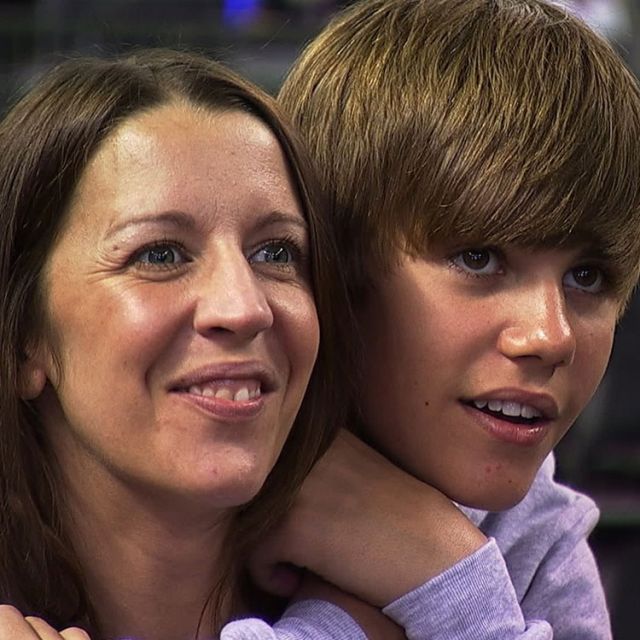Twenty-five years ago, on Jan. 28, 1988, the Supreme Court handed down the Morgentaler decision, ruling that Canada’s then rather permissive abortion law was unconstitutional. The court did not rule that Canada could not have an abortion law, but the one that it had was unduly burdensome, and so returned the matter to Parliament.
The Mulroney government proposed a law that would make abortion illegal in theory, but universally available in practice. Those in favour of that approach argued that it enshrined the principle of protecting human life, even if it would do little to protect actual lives. Those opposed argued that it was wrong to protect unborn life in principle (the pro-abortion side) or that the law was effectively abortion-on-demand anyway (the anti-abortion side). The law was defeated due to opposition on both sides in the Senate, and there the matter has rested, with no further attempt to pass an abortion law. Hence Canada has no legal restrictions on abortion.
Forty years ago, on Jan. 22, 1973, the American Supreme Court handed down its Roe v. Wade decision, creating an even more expansive abortion licence than would eventually prevail here. In Canada, the court ruled the procedures under the old abortion law were lacking in terms of constitutionality. In America, the court ruled that the constitution itself included the right to abortion, anchoring it in a right to privacy, in turn anchored in the “penumbras and emanations” of the Bill of Rights. It has been observed that anchoring something in a penumbra is rather weak. Nevertheless, the American court did not have to trouble itself with procedural matters; having established a constitutional right to abortion, it could blithely strike down all the abortion laws in all 50 states.
The consequence, 25 and 40 years later, is that Canada and the United States have the most extreme abortion licence in the world. In Canada, that means any abortion for any reason at any time, fully funded by the taxpayer. America is the only country in the world with abortion-on-demand allegedly guaranteed by its constitutional foundation, abetted by (limited) taxpayer funding.
It’s grim news, for our jurisprudence, for our political culture and for the millions of children and their mothers and fathers who suffer the consequences of abortion. On the anniversaries of these court judgments, there is reasonable and legitimate focus on the law. Yet over the past generations this is not the whole story. A vast network of pro-life activity has risen up to welcome in life those who are not protected in law.
Two famous lives make that point. In Canada, the mother of Justin Bieber, Patti Mallette, has just produced a film to support the work of crisis pregnancy centres. Mallette has been very frank that were it not for her Christian faith, she would have aborted Justin when becoming pregnant as a teenager. It was a crisis pregnancy centre in London, Ont., the Bethesda Centre run by the Salvation Army, that took Mallette in during her time of need and helped her bring her son safely to life.
Not surprisingly the commercial machine around Justin Bieber is highly nervous about his mother’s pro-life activity, lest it cut into sales among the young girls and women who buy Bieber’s music. It bears noting that crisis pregnancy centres serve precisely girls and young women who have nowhere else to turn.
In America, last Sunday the San Francisco 49ers qualified for the Super Bowl, led by an unlikely rookie quarterback, Colin Kaepernick. In 1987, Kaepernick’s mother faced a pregnancy on her own. She decided to place her son for adoption, and Colin was adopted by the Kaepernick family. Pro-life commentators have noted that adoptions post-Roe are a deliberate choice for life, given that a culture has taken root which promotes and advances abortion. In 1987 for every child adopted in the United States, there were 19 abortions. Colin Kaepernick, from before he knew it, was part of a surviving minority.
Twenty-five and 40 years later the possibility of a legal future more favourable to life does not appear likely. Yet the great struggle for life is not primarily a legal one, and the work of cultural renewal proceeds by witness, not laws, and by grace.
Twenty-five and 40 years later, the witness has been given, and is being given increasingly today, particularly by the young.
Twenty-five and 40 years later, the contrast between the culture of death and the civilization of love is all the more evident.
Twenty-five and 40 years later, grace is still at work, as it was in the beginning, is and ever shall be.


